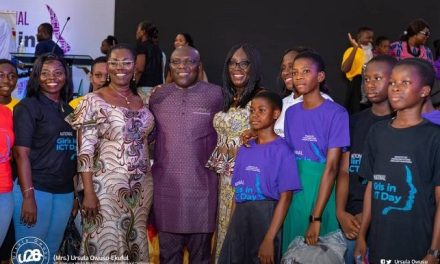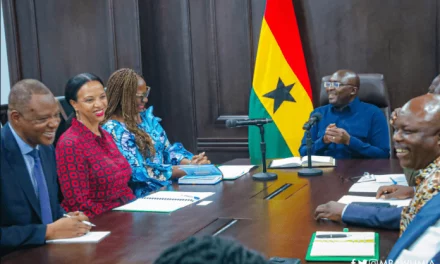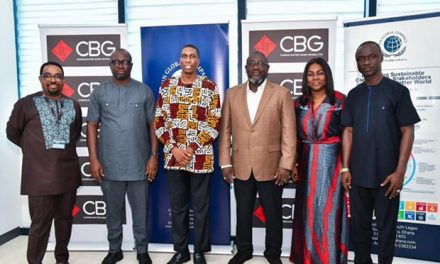
Genser Energy, GNPC Fight Back2 min read
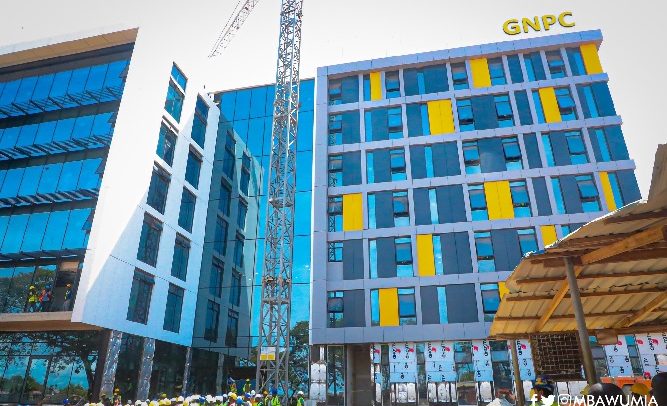
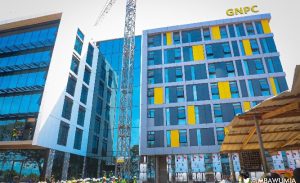
The Ghana National Petroleum Corporation (GNPC) and Genser Energy Ghana Limited (GEGL) have reacted to the parliamentary report on the gas sales after some groups, including the Ghana Gas Senior Staff Association (GGSSA), and civil society organisations (CSOs) in the extractive sector rejected the report.
The Parliamentary Select Committee on Mines and Energy, in its report following a probe of the issue, said there was no evidence of any losses, thereby regarding the claims of irregularities to as unfounded.
The African Centre for Energy Policy (ACEP) and the IMANI Centre for Policy and Education in July 2022 alleged that the deal incurred a loss of $1.5 billion to the nation.
The report said ACEP and IMANI had said the sole-sourced contract between Genser and GNPC, encompassing a combined gas and pipeline infrastructure agreement, stood to benefit Genser more.
However, the Committee on Mines and Energy in its report instead said it found that the benefits for Ghana, in the deal far exceed that sum. It noted that the computation methods used by ACEP and IMANI leading to the assumption of the losses were faulty.
The Ghana National Petroleum Corporation and Genser Energy Ghana Limited in a statement issued by the Executive Director said, the Institute has researched and reviewed the laws and policies governing the mid-stream licensing and operations to ascertain if the agreement signed by Genser Energy and GNPC conforms to these standards.
The statement said, “In recent months, there have been claims by IMANI and ACEP that, Genser will receive $1.5 billion in gas discounts over sixteen years, and the Parliamentary Select Committee on Mines and Energy has also issued a report in defense of this agreement. There are operational and licensing problems with the agreement which makes it illegal under the current gas policies.
“GNPC as the national oil company is not clothed with any laws to participate in the mid-stream. Ghana National Gas Company (GNGC) is the only company licensed by the Energy Commission to be a Gas Transmission Utility Company. They are responsible under their licence, to build and operate all gas transmission networks across the country.”
The statement further added that “Ghana National Petroleum Company (GNPC) is not in the position to amend or discount the Weighted Average Cost of Gas (WACoG). This computation is done by the Public Utilities Regulatory Commission (PURC) considering various factors and costs in the mid-stream.”
BY Daniel Bampoe





